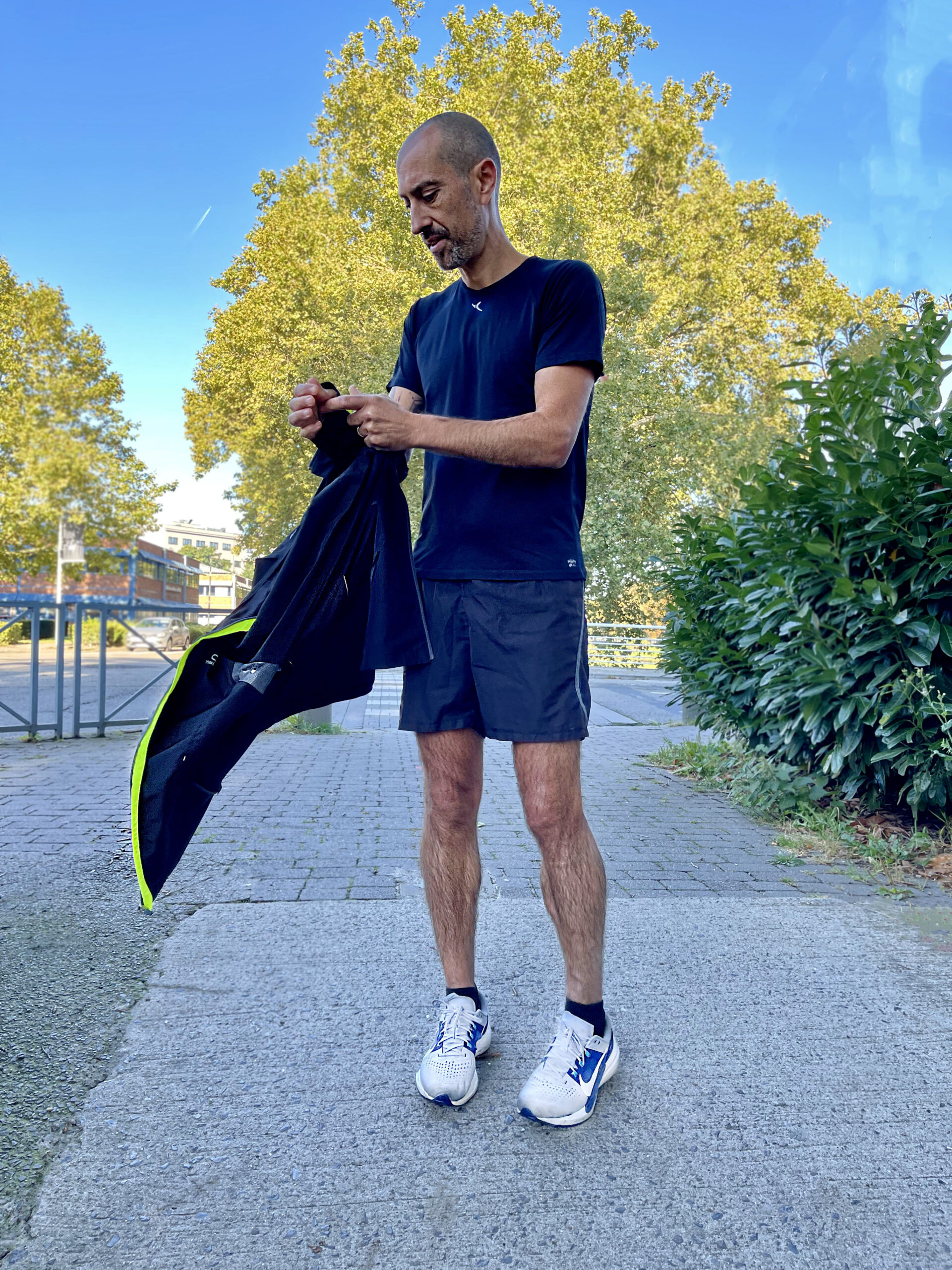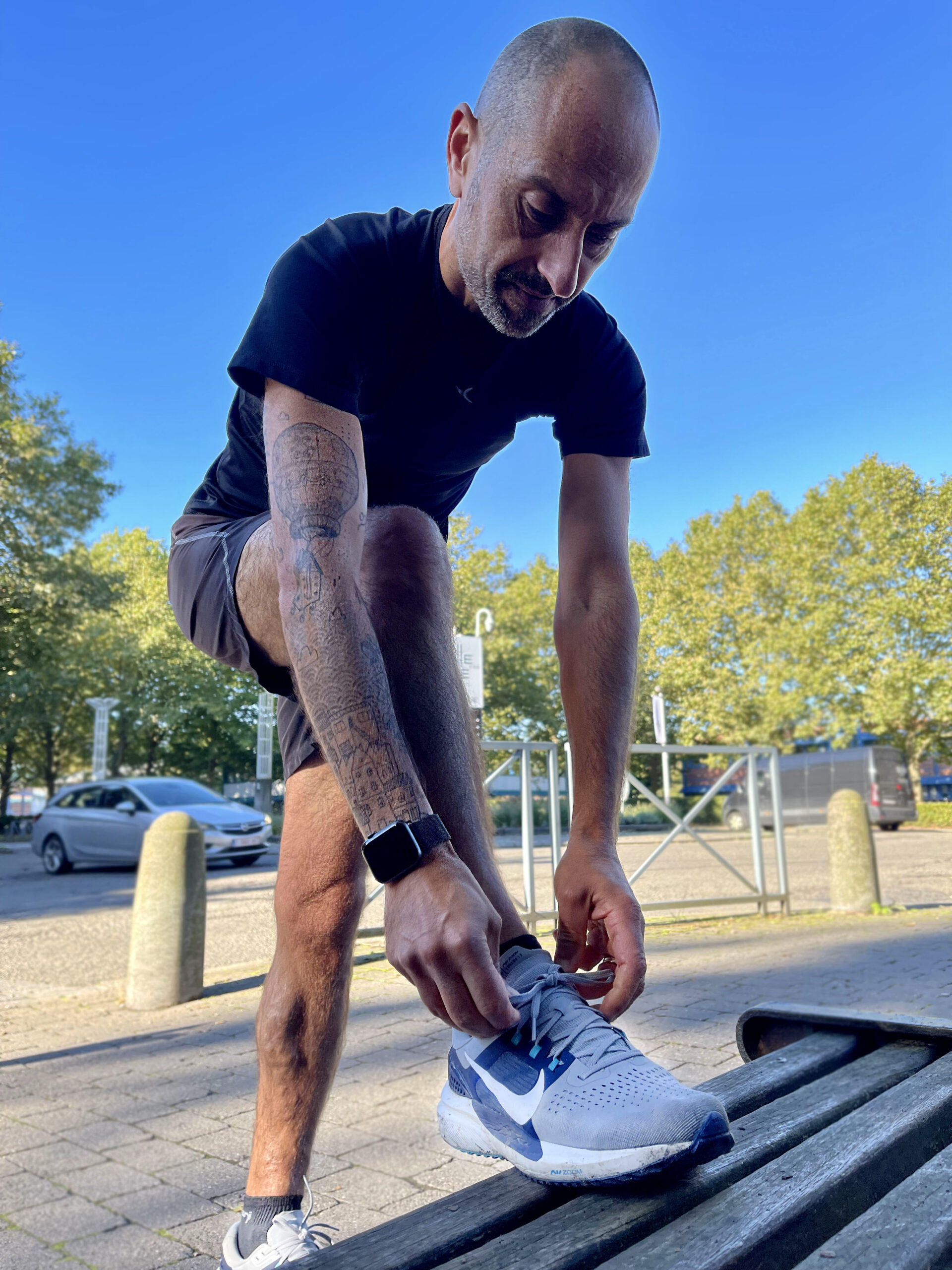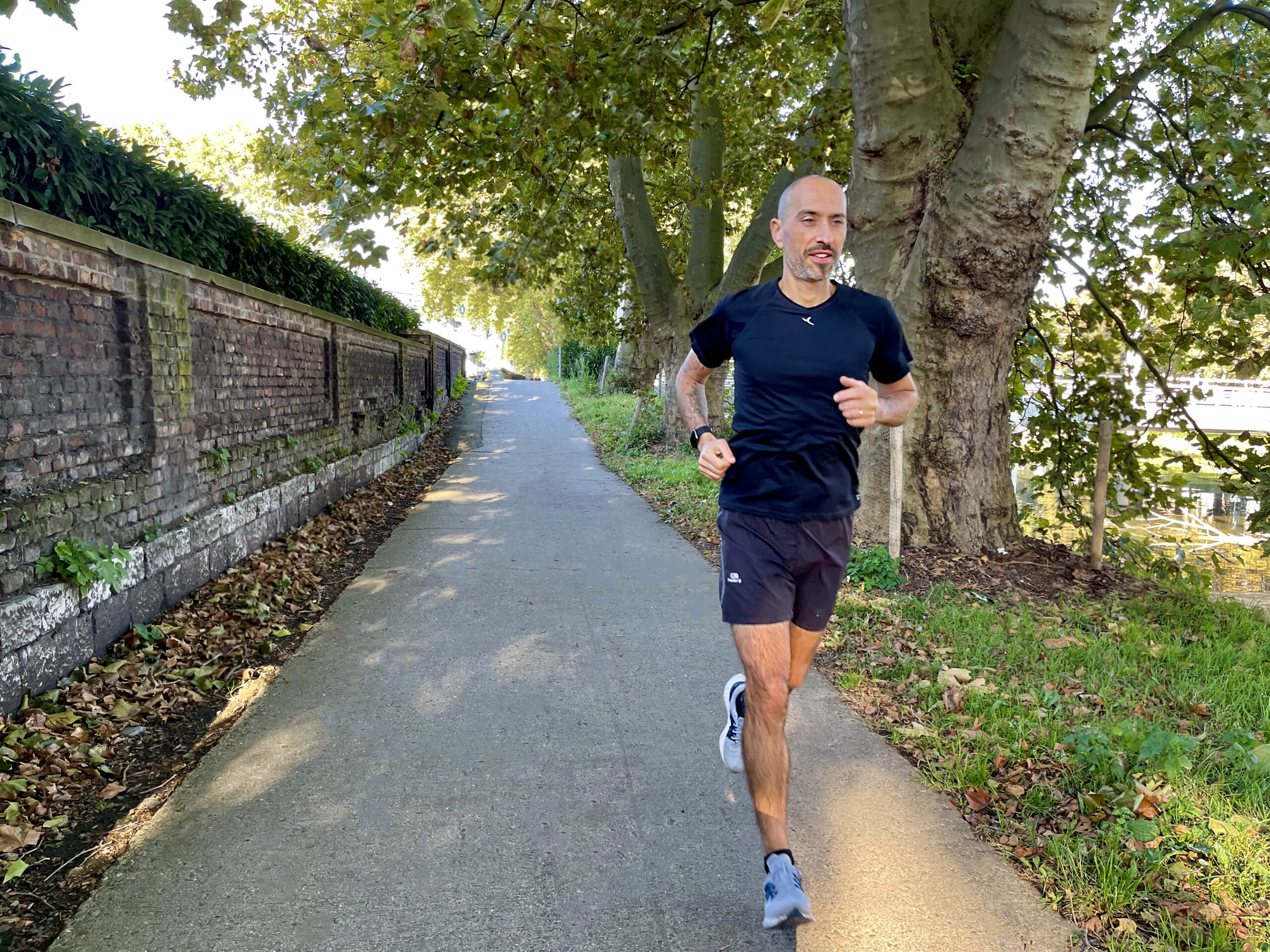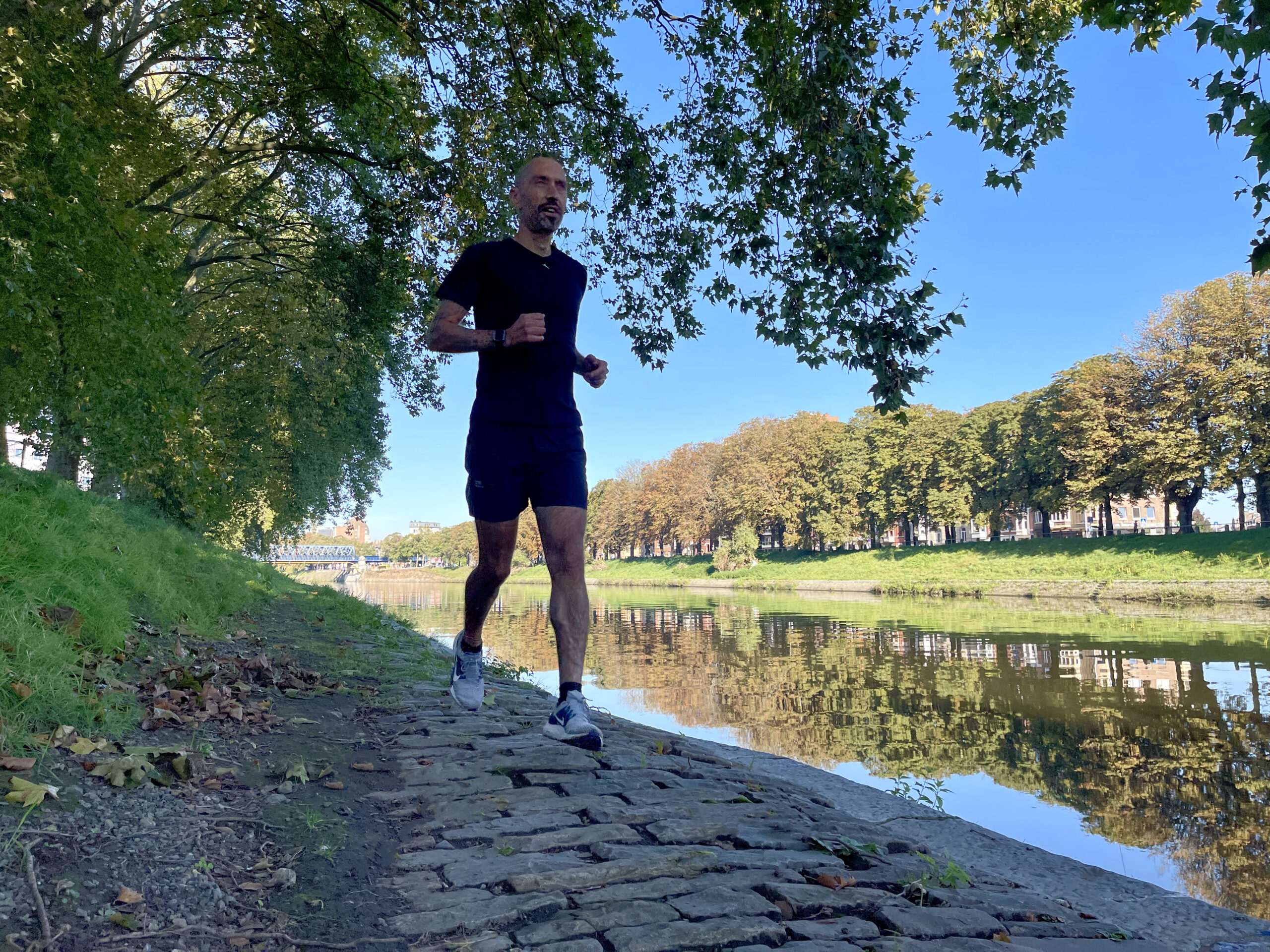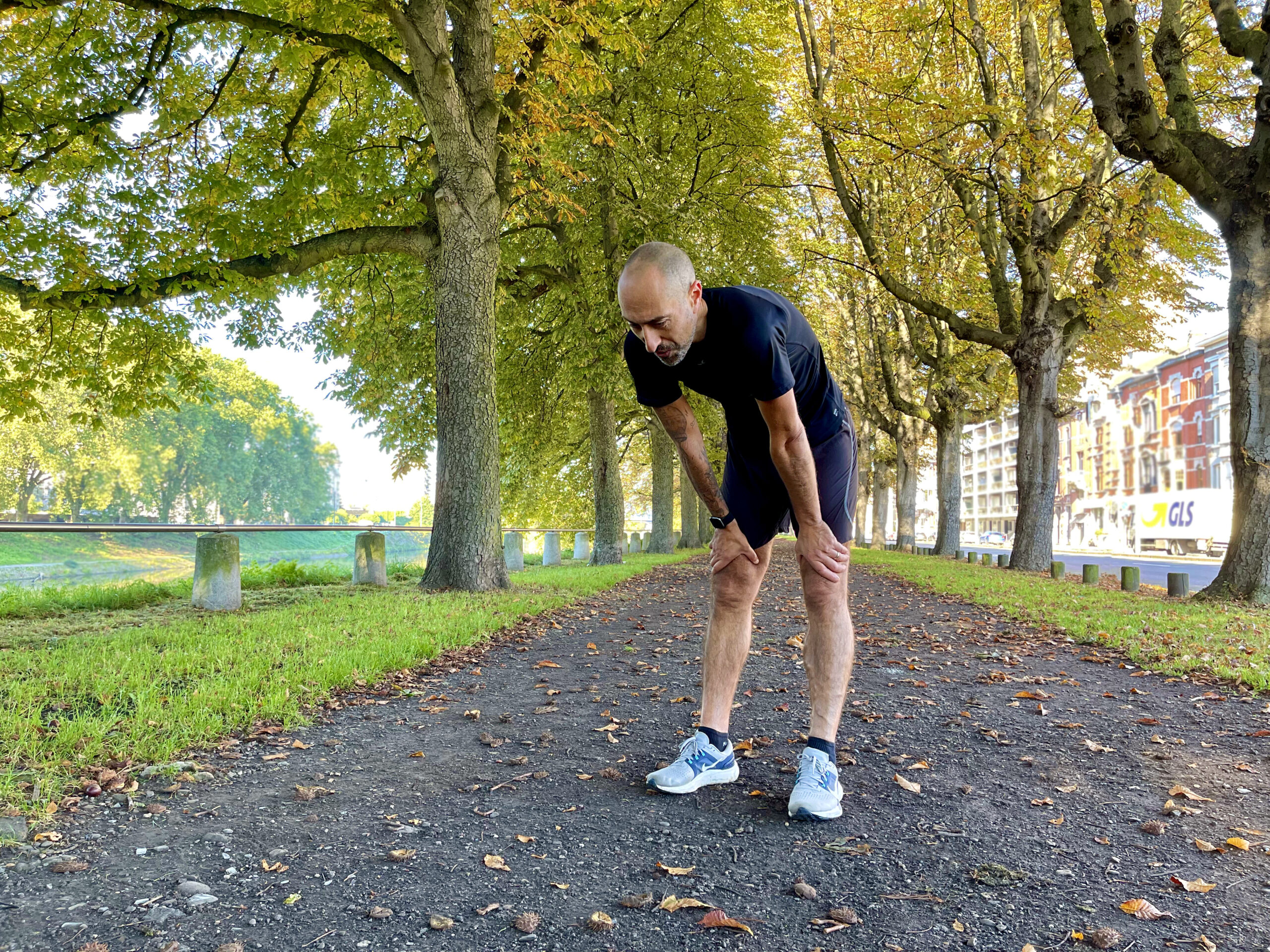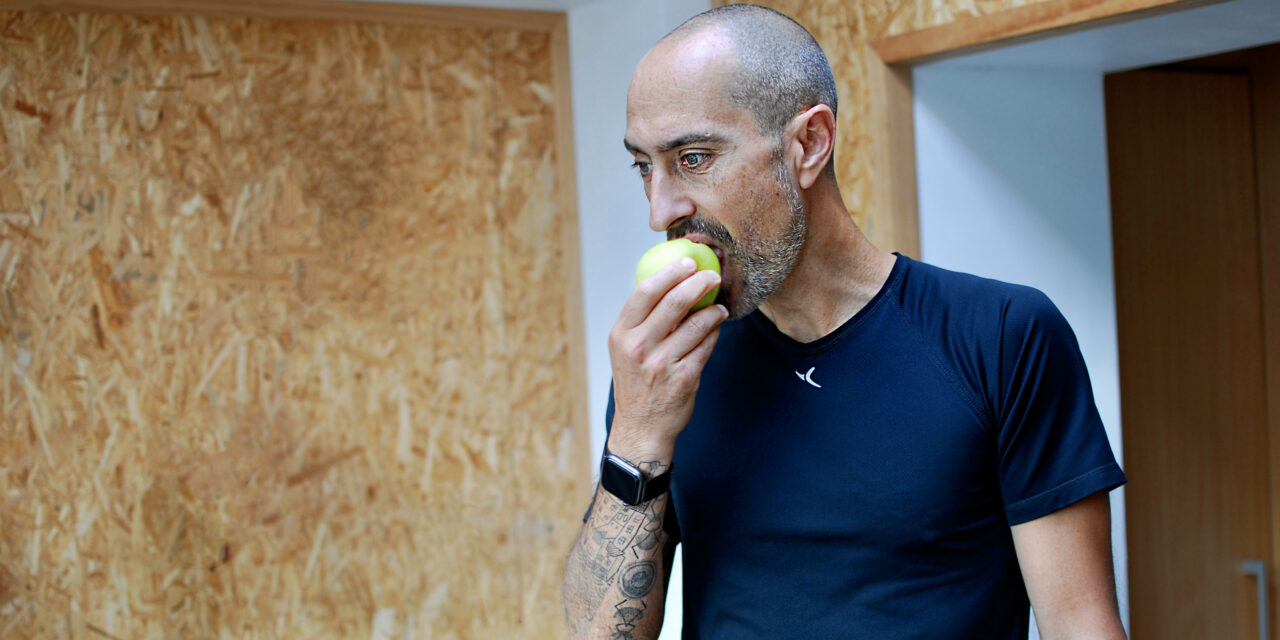Being a high-level athlete and wanting to perform lead to concessions. Food is undoubtedly the main element that athletes must pay attention to. Frederic is a Belgian athlete who started his running career in 1998. Since that day, he has never stopped running. The more he ran, the more he realized how important food was to sport. It seems quite logical that the thinner the person is, the less weight they will have to carry while running. However, does a good diet directly promote athletic results?

Portrait of Frederic
It’s not just about eating less, it’s also important to eat the right food at the right meal. Damien Pauquet, a Belgian sport nutrionnist said: “The basis of my work method is chrono nutrition. Athletes have to avoid sugar in the morning and limit starchy foods in the evening.” During the competition period, athletes must be even more restrictive. They must weight their food and avoid pleasure meals. Pauquet explained: “Thanks to good nutrition in the weeks before a competition, the athlete loads his glycogen stock. He’ll have more fuel and sugar reserves and will be able to last twice as long at maximum effort.” For his first marathon, Frederic didn’t pay attention to his diet and suffered the consequences. He said: “During my first marathon, in 2006, I was injured and I realized that I had to prepare for long distances by following some dietary advice.”
According to the Kairos article, nutrition has three main purposes in sport. First of all, nutrition provides energy for training and competition. A lot of factors such as macronutrients, micronutrients, ratios, meal timing and good hydration give an optimal diet plan. Secondly, it helps recovering easily after training and competition. And finally, it achieves and maintains optimal body weight to maximize their performance. Pauquet stated: “The primary goal is to replace fat with muscle. Once the athlete has reached his/her ideal weight, he/she will feel even more competitive.”
To conclude, it’s therefore certain that nutrition has direct effects on performance. Good nutrition will allow the athlete to have an optimal weight/power ratio. Pauquet explained: “A good diet has a direct impact on running performance. People could gain 4 to 6 seconds per kilo of fat saved per kilometer. For example, if the athlete loses three kilos, it means that he’ll gain 10 seconds per kilometer. That’s a lot.” Most high-level athletes only think about eating well to perform at their best. As last words, Pauquet said “Athletes are on the lookout for every trick that could save them a few seconds during a competition. More than 80 percent of my patients are athletes who want to perform.”





